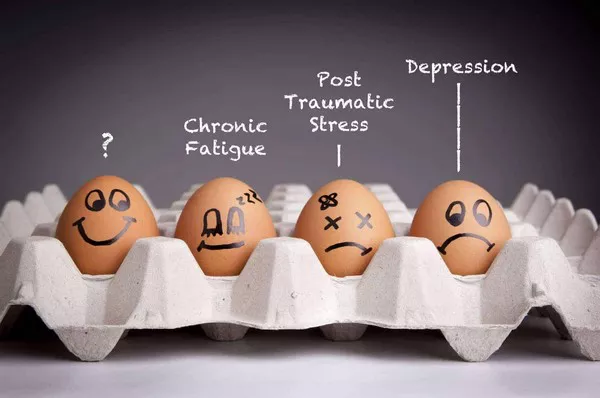In today’s fast-paced world, mental health has become a topic of increasing importance. Mental awareness refers to the conscious understanding and recognition of one’s own mental state and emotions, as well as the mental well-being of others. This article delves into why mental awareness is crucial, exploring its impact on overall health, productivity, relationships, and society as a whole. By shedding light on the significance of prioritizing mental well-being, we aim to encourage individuals to take proactive steps towards fostering a mentally healthy and fulfilling life.
The Impact of Mental Awareness on Personal Health
1. Recognizing and Managing Emotions
Mental awareness involves being attuned to our emotions and understanding their underlying causes. By recognizing and acknowledging our feelings, we can address them appropriately and develop healthy coping mechanisms. This self-awareness helps prevent emotional suppression, which can lead to chronic stress and negatively impact physical health.
2. Reducing Stress and Anxiety
Stress and anxiety have become prevalent issues in modern society. By being mentally aware, individuals can identify triggers that contribute to stress and implement stress-reduction techniques. Techniques like mindfulness meditation, deep breathing exercises, and engaging in hobbies can significantly reduce stress levels and promote overall well-being.
3. Improving Sleep Quality
Adequate sleep is essential for mental and physical health. Mental awareness can help individuals identify factors that disrupt their sleep patterns, such as racing thoughts or excessive screen time before bedtime. By addressing these issues, people can improve their sleep quality, leading to enhanced cognitive function and better emotional resilience.
See Also: What’s the Positive Mental Health: Things You Need to Know
Mental Awareness and Productivity
1. Enhanced Focus and Concentration
A mentally aware individual can better recognize distractions and focus on the task at hand. By understanding their mental state and emotions, they can apply strategies to maintain focus, leading to increased productivity and efficiency in work or daily activities.
2. Emotional Intelligence in the Workplace
In professional settings, mental awareness contributes to emotional intelligence. Employees who are aware of their emotions and can empathize with others build better workplace relationships, handle conflicts more effectively, and create a positive and supportive work environment.
3. Stress Management at Work
Work-related stress can take a toll on both physical and mental health. Mental awareness equips individuals with the ability to identify signs of stress early on and take proactive steps to manage it. This not only benefits the individual but also leads to increased workplace productivity and reduced absenteeism.
The Role of Mental Awareness in Building Strong Relationships
1. Empathy and Understanding
Being mentally aware allows individuals to empathize with the emotions of others. By understanding their own emotions, they can better comprehend the feelings of those around them, leading to more meaningful and compassionate relationships.
2. Effective Communication
Open and honest communication is vital for healthy relationships. Mental awareness helps individuals express their feelings and thoughts clearly and constructively, leading to better conflict resolution and stronger emotional bonds.
3. Recognizing and Addressing Mental Health Issues in Loved Ones
Mental awareness also extends to recognizing signs of distress in friends and family. By being aware of the mental well-being of our loved ones, we can offer support and encourage them to seek professional help if needed, fostering a caring and supportive environment.
The Impact of Mental Awareness on Society
1. Reducing Stigma Surrounding Mental Health
Promoting mental awareness helps break down the stigma associated with mental health issues. When society is more accepting and understanding of mental health challenges, individuals are more likely to seek help without fear of judgment, leading to better access to mental health services.
2. Improving Community Well-Being
A mentally aware society is more likely to prioritize mental health as a collective goal. This can lead to community-based initiatives, support groups, and educational programs that promote mental well-being, ultimately contributing to a healthier and more resilient society.
3. Enhancing Empathy and Social Cohesion
Mental awareness fosters empathy and social cohesion within communities. As individuals become more understanding of one another’s struggles, they are more likely to come together, support each other, and create a harmonious and inclusive social fabric.
See Also: Consequences of Neglecting Mental Illness: A Complete Overview
Conclusion
Mental awareness plays a pivotal role in shaping our lives and the society we live in. By recognizing the significance of mental well-being, individuals can take proactive steps to prioritize their own mental health, leading to improved overall health, productivity, and relationships. Furthermore, a society that values mental awareness fosters an environment of empathy, support, and acceptance, reducing the stigma surrounding mental health and creating a more compassionate and resilient community. Let us all embrace mental awareness as an integral part of our lives, and together, build a healthier and happier world for everyone.


